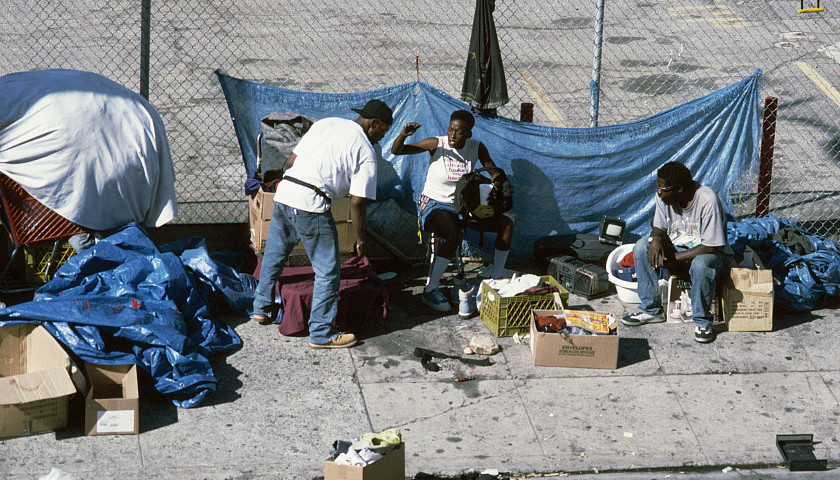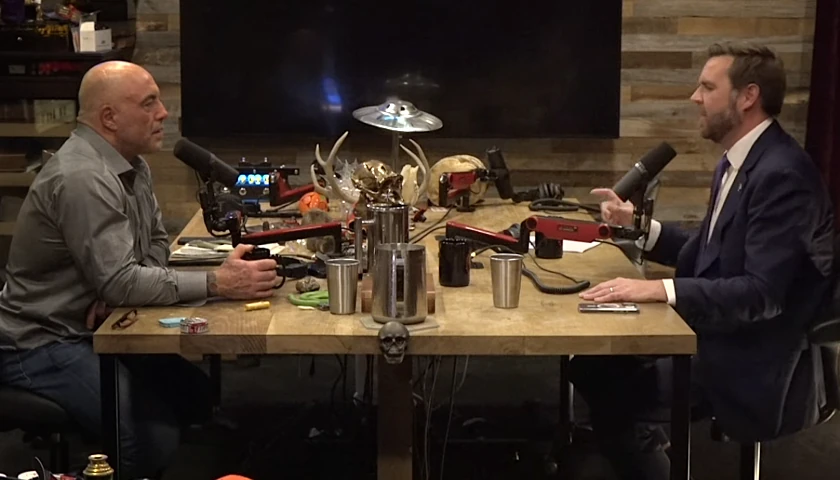by Luke Sprinkel
A series of potential additions to the Minneapolis Civil Rights Ordinance are under consideration in Minnesota’s largest city. Should these additions be authorized, illegal immigrants, the homeless, and so-called “justice impacted” persons could receive new protections.
Last week, the Minneapolis Civil Rights Commission held a meeting to discuss potential changes to the Minneapolis Civil Rights Ordinance. At that meeting, Minneapolis City Council Member Jason Chavez outlined what he referred to as “our plan” to add “homeless status, immigration status, and justice impacted status as protected classes” in the city’s civil rights ordinance.
Minneapolis’ civil rights ordinance enshrines protections in law based on various categories. For example, the ordinance bans discrimination based on race in housing, employment, business, and other areas. Discrimination based on national origin, sex, sexual orientation, gender identity, martial status, ancestry, disability and other categories is banned in various areas as outlined in the city’s civil rights ordinance.
However, Chavez’s proposal would add immigration status, homeless status, and “justice impacted” status to the list of categories. When ask in a media inquiry about his proposal’s definition of “justice impacted status,” Chavez did not answer the question. Regardless, the term is generally defined as someone who is “at risk” of incarceration, has been formerly incarcerated, or whose family has been affected by incarceration.
Alpha News reached out to Chavez to ask a variety of questions about his proposal. Among those questions, Chavez was asked about the specific protections that would be handed out under his proposal. The city council member did not answer any questions directly and simply responded to the questions by saying, “Please refer to what I posted on my social media.”
Documents from last week’s meeting of the civil rights commission indicate that Chavez is “interested in making immigration status a protected class (except employment due to federal law issues); housing status/unhoused a protected class when it comes to employment and housing; and justice-impacted individuals in housing, employment and education.”
While new protected categories may be added to the Minneapolis Civil Rights Ordinance in the future, the Minneapolis Civil Rights Department is seeking to make other types of changes to the ordinance.
The Minneapolis Civil Rights Department has recommended that language be added to the city’s civil rights ordinance that “requires accommodating an individual’s ability to practice or observe their religion.”
Alpha News reached out to the department to ask about its recommendation and how it would be enforced. Among the questions, the department was asked who would be required to make accommodations for individuals to practice their religion, and what these so-called “accommodations” would look like in practice.
A spokesperson for the city said, “There is no draft ordinance language at this time. The recommendation is that the requirement for religious accommodation would apply in the area of employment. Any ordinance amendments, if passed, would be enforced under the same enforcement structure scheme the City currently uses for any claims of discrimination.”
– – –
Luke Sprinkel previously worked as a Legislative Assistant at the Minnesota House of Representatives. He grew up as a Missionary Kid (MK) living in England, Thailand, Tanzania, and the Middle East. Luke graduated from Regent University in 2018.









